As the effects of climate change continue to become more apparent, many states across the country are attempting to rally around renewable energy. New York made a commitment to center its energy sector around renewable energy, but current metrics have shown the state has fallen off track to meet its ambitious 2030 goal.
Other states are looking up to New York to set an example, but if it fails, it could spell similar failures for these states.
New York’s Push for Renewable Energy
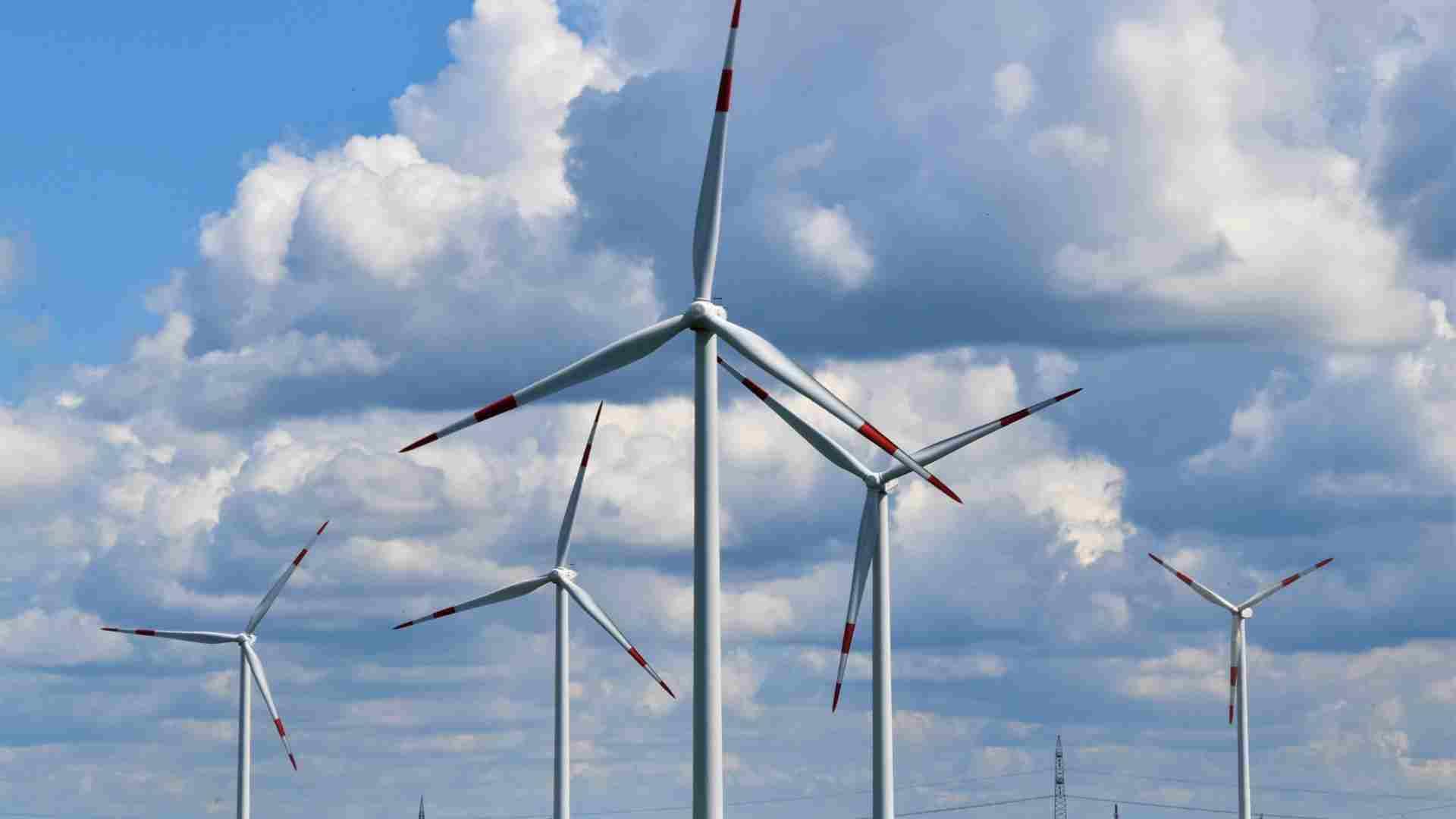
In 2019, New York passed a climate law that was seen as ambitious by many, including climate activists. (via New York Times) Among the provisions, the law asked for a zero-emission energy system by 2040, and a reduction of greenhouse gas emissions by 85 percent. The deadline for the 85 percent reduction of greenhouse gasses was to be 2050.
The shorter-term goal that New York is currently on track to fail is a commitment to make its electric grid consist of at least 70 percent renewable energy sources by 2030.
What Happened?
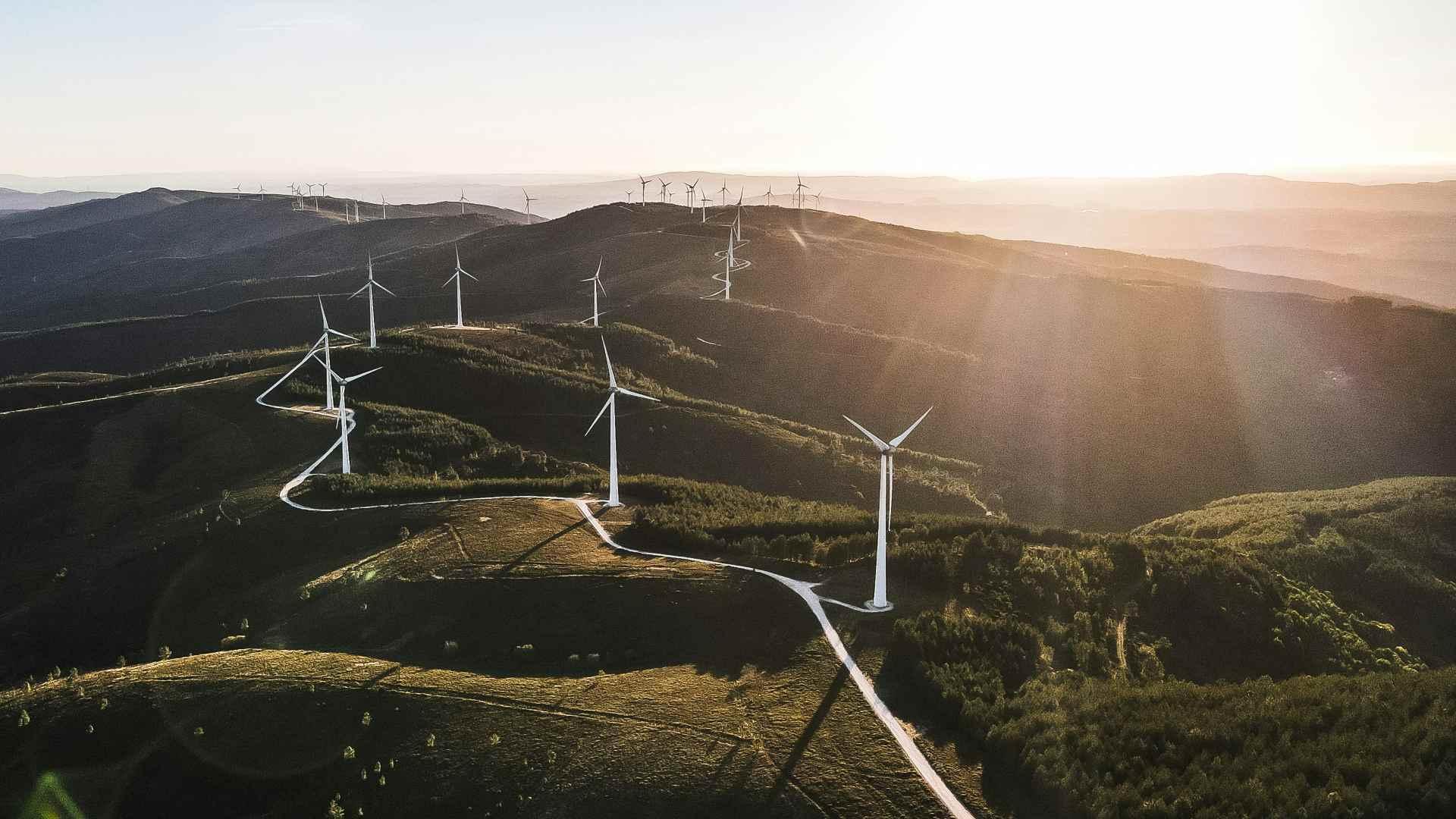
New York was relying on the construction of wind renewable energy projects to meet its 2030 goal. However, in the past month, the state had two of its wind contracts terminated by offshore contractors.
With the loss of these contracts, it has become all but certain that unless New York can quickly reverse course, it will be far short of its 70 percent renewable electricity goal.
New York’s Reassessment
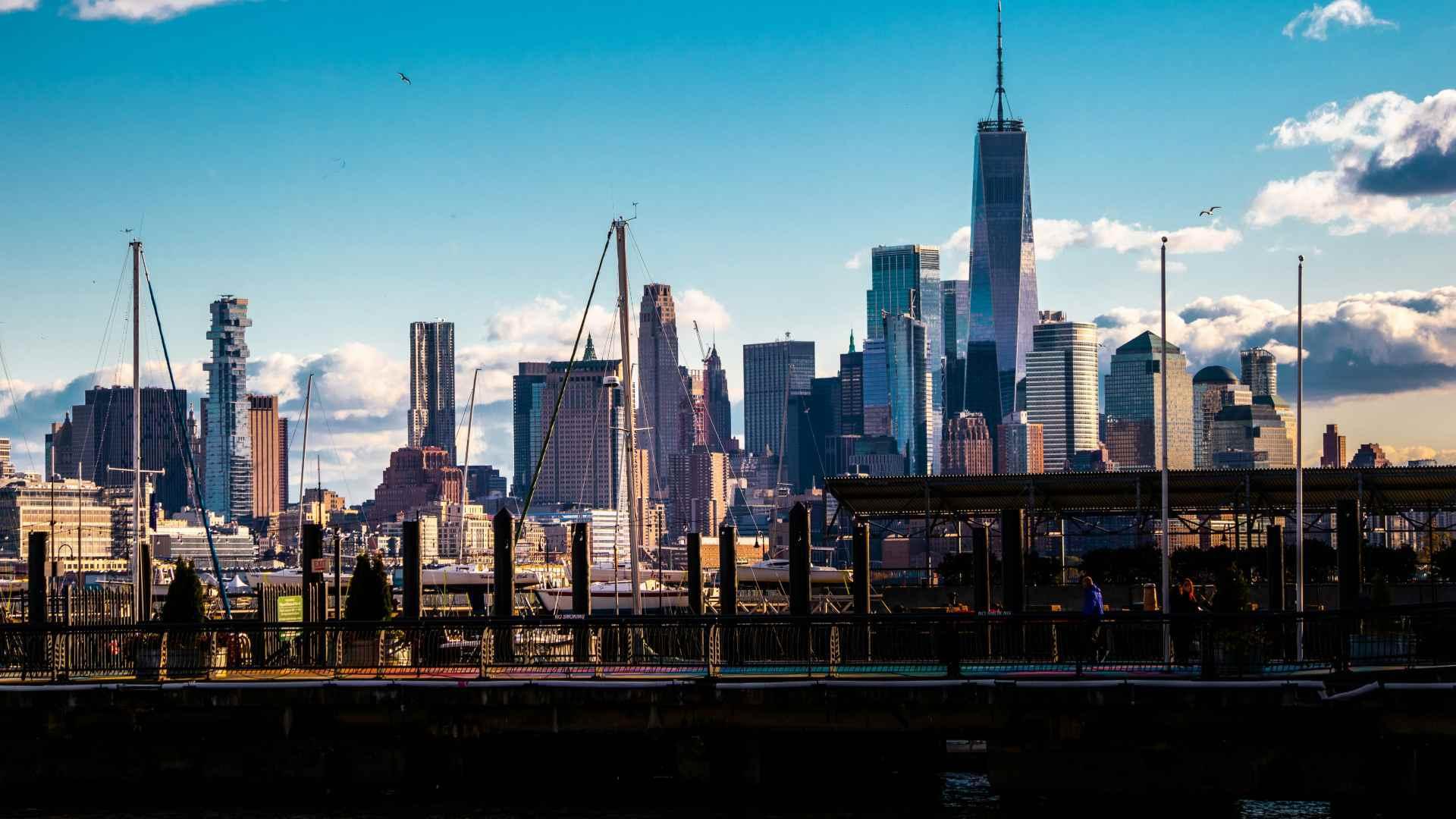
With the news of the cancellation of the wind projects, state officials are still hoping to reach a 63% mark by 2030. (via Politico) The problem with this prediction is that this same figure was already predicted to have been met by 2022. This means that New York has set itself back two whole years with this news.
Some are calling for a reassessment of New York’s strategy, saying that relying on the private market so heavily is not bearing fruit.
Politicians Eager to Get Answers
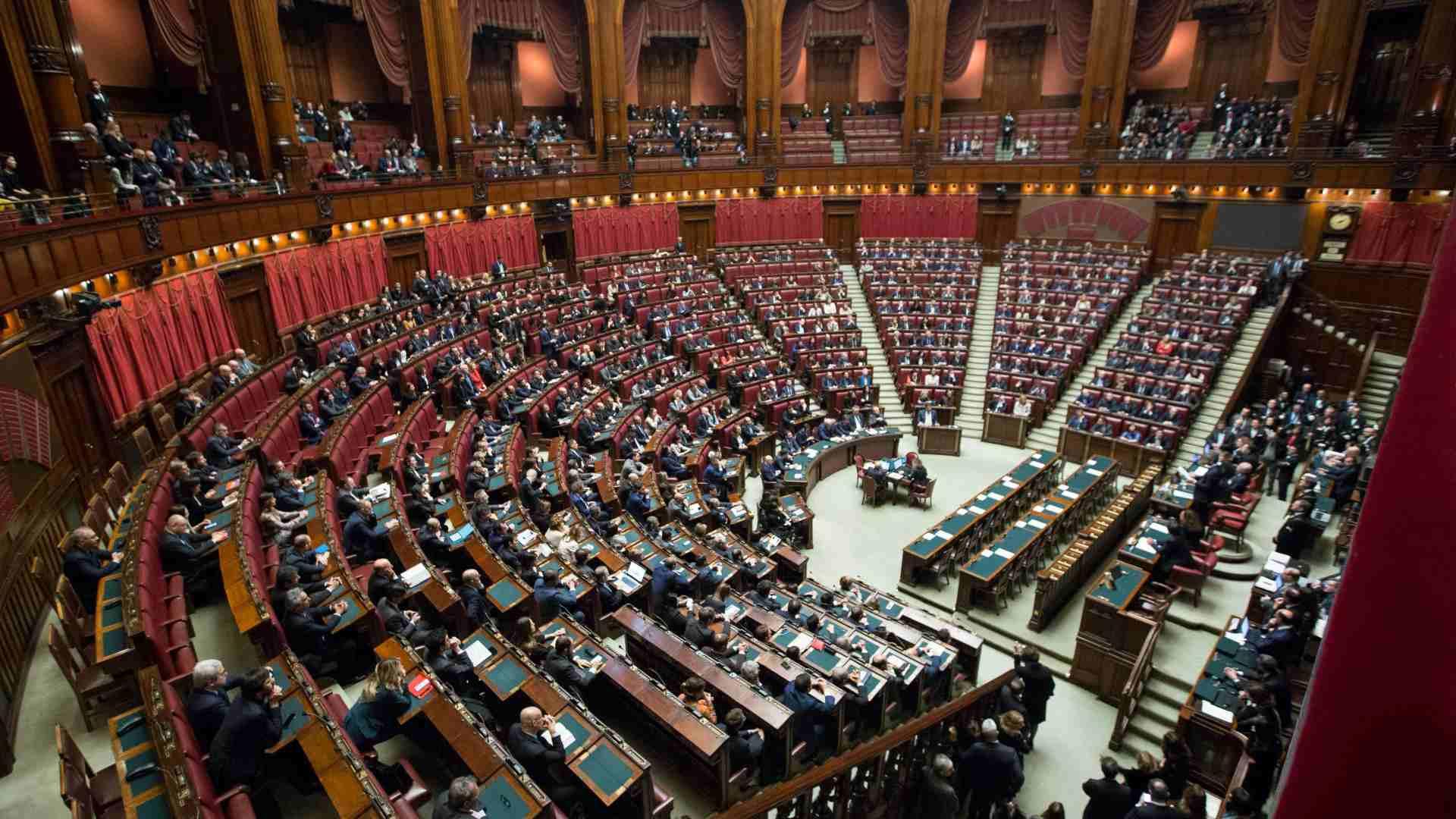
As the state is showing signs of missing its 2030 mandate, politicians are keen to press New York’s Governor Kathy Hochul’s energy officials on the projected failure.
Some see the failure to keep the state on track as a failure of leadership and decision-making. With the recent loss of the wind energy contracts, there are simply not enough projects in development to make hitting the goal in 2030 realistic.
State Reliance on the Private Sector
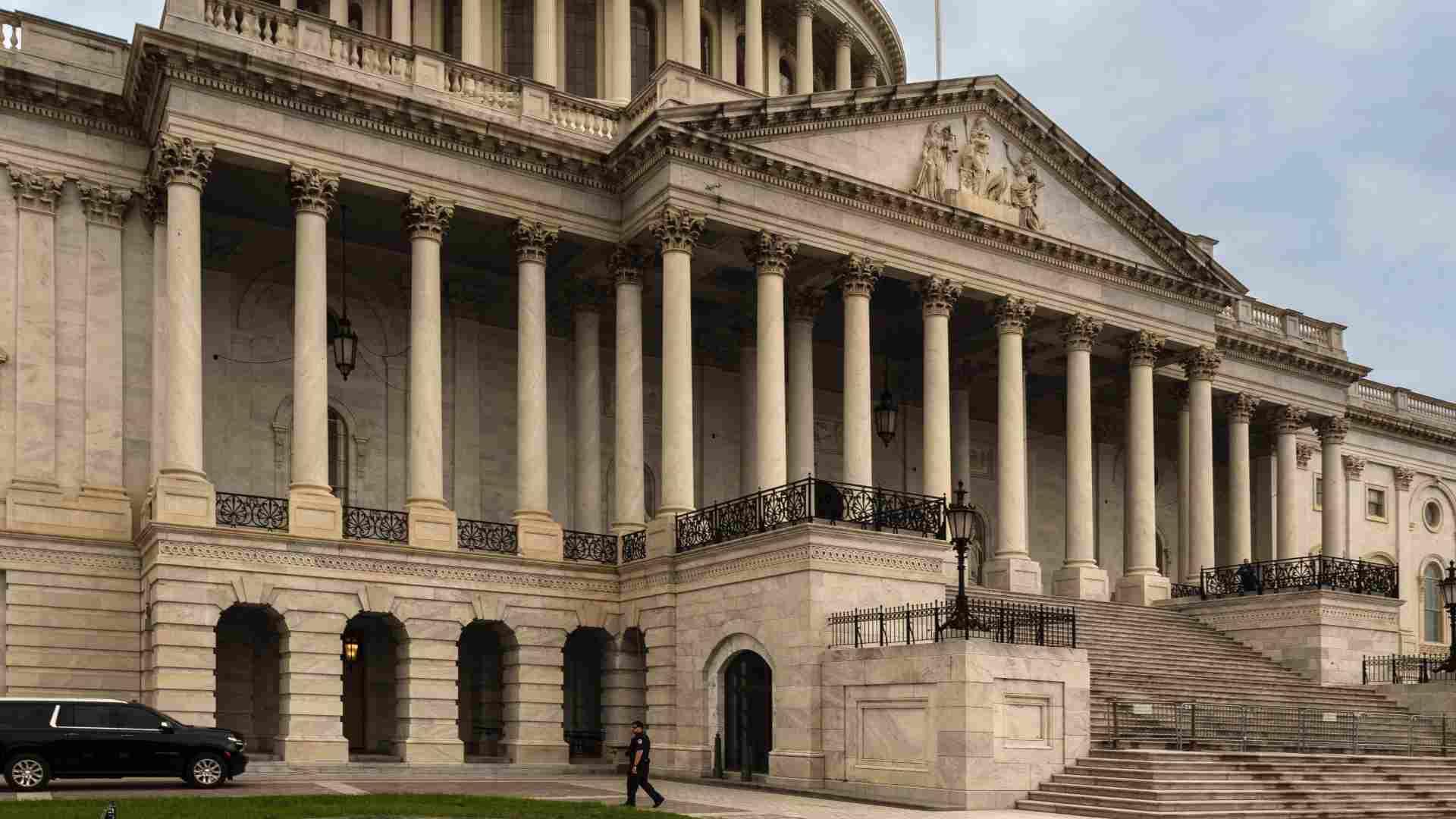
Assemblymember Zohran Mamdani criticized the approach New York was taking to fund private development of renewable energy. “These figures showcase the reason why so many of us have had a deep concern about our state’s reliance on private development as a means to hit the mandate,” he said. (via Politico)
“If we continue to rely on the private market to hit our goals, we will only end up back here with ourselves to blame — and a year or two years from now,” he added.
Comments from the Environmental Conservation Committee
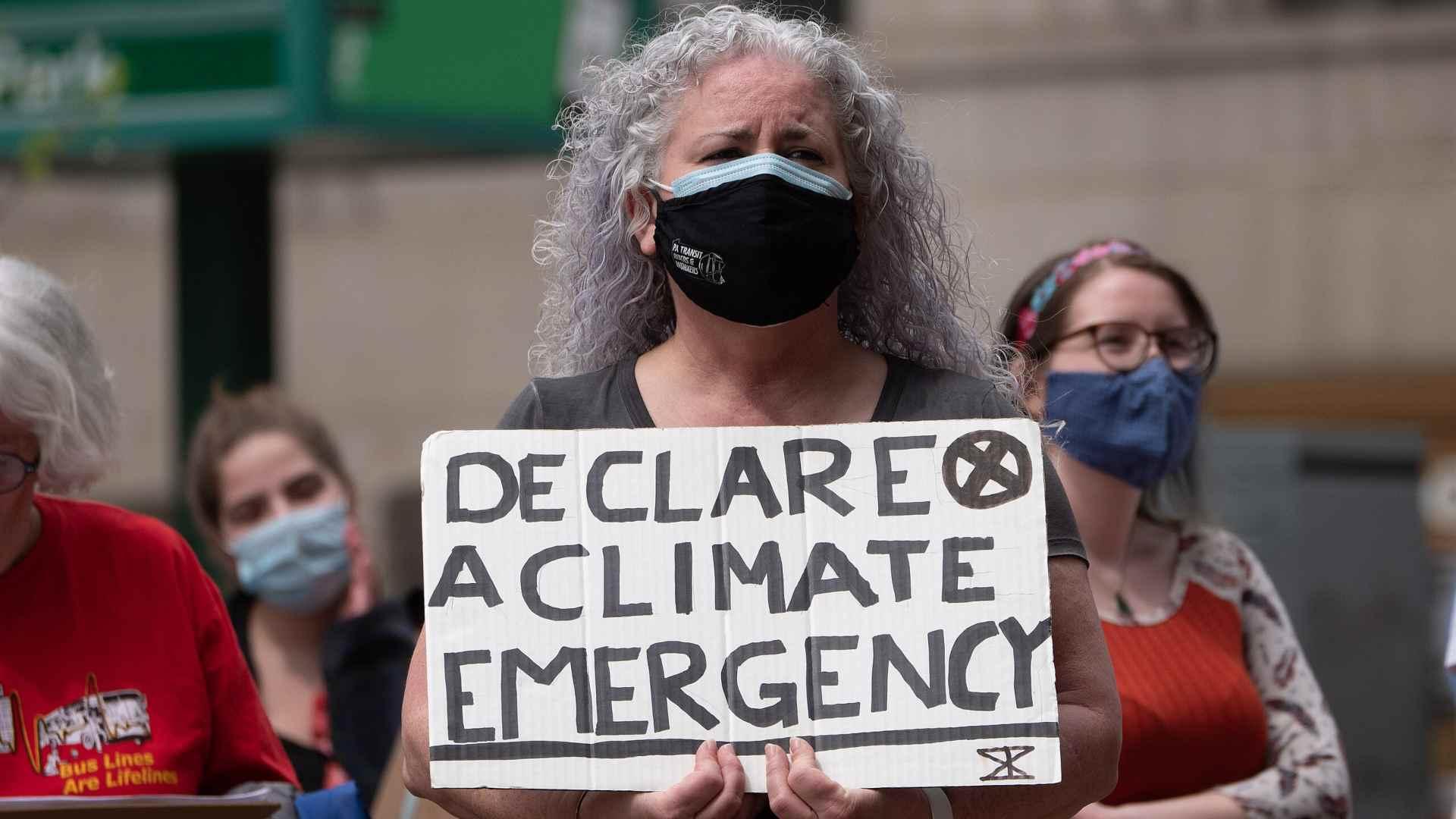
Senator Pete Harckham made recent comments on his optimism that New York could reach its goal despite wanting answers to the recent string of failures from the initiative.
“We knew there would be bumps along the road because this is new. We’re transitioning our energy system. We’re transitioning our economy,” Harckham said. “This is where not just New York is headed, but the world is headed.” (via Politico)
The New York State Energy Research and Development Authority
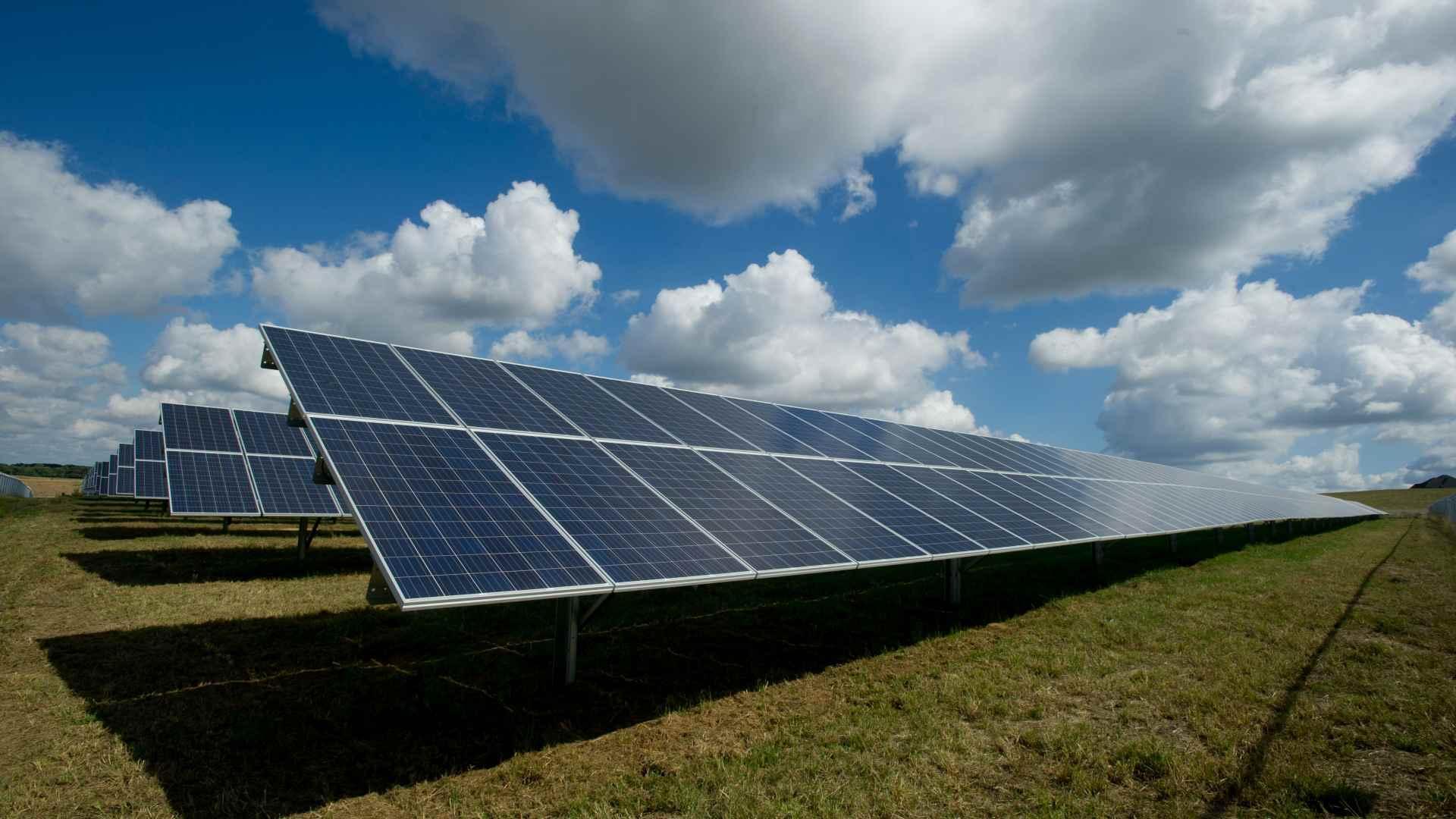
The president of the New York State Energy Research and Development Authority (NYSERDA), Dorreen Harris, gave a recent interview on the progress the state is making toward the 70% threshold.
“We have responded in ways that are garnering global attention,” Harris said. ““We are working to accelerate not only the procurement of renewables, but designing [them] to minimize delays and ensure projects are built on time for 2030.”
Greenhouse Emissions in New York
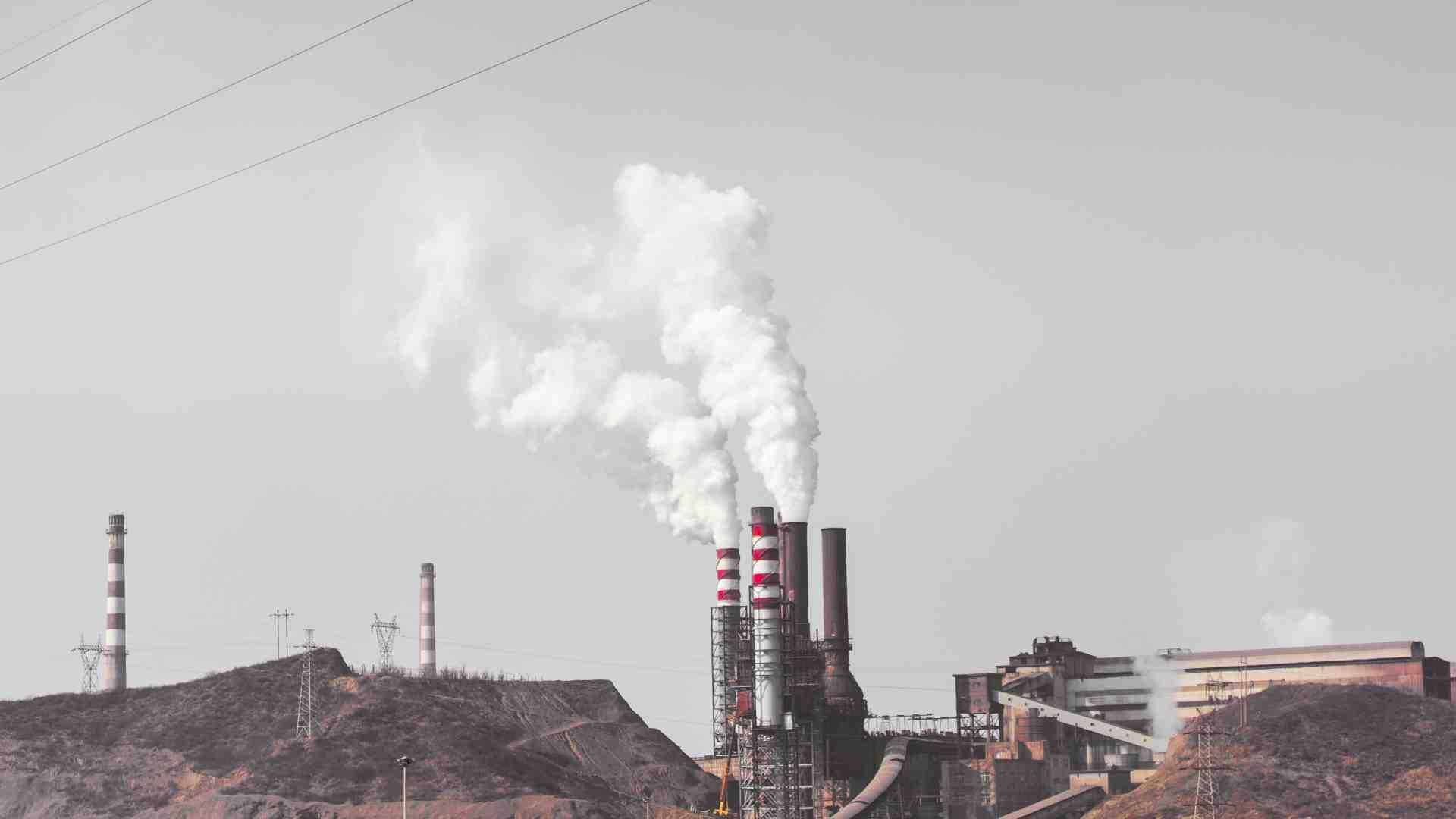
New York has made great strides in recent decades to curb its level of greenhouse gas emissions. According to the New York State emissions report from 2022, the gross emissions in 2020 were 15% less than they were in 1990, and 8% less than they were in 2019.
At the time the climate bill was passed in 2019, the 70% renewable electricity mark looked very achievable.
New York’s Progress on Greenhouse Gas
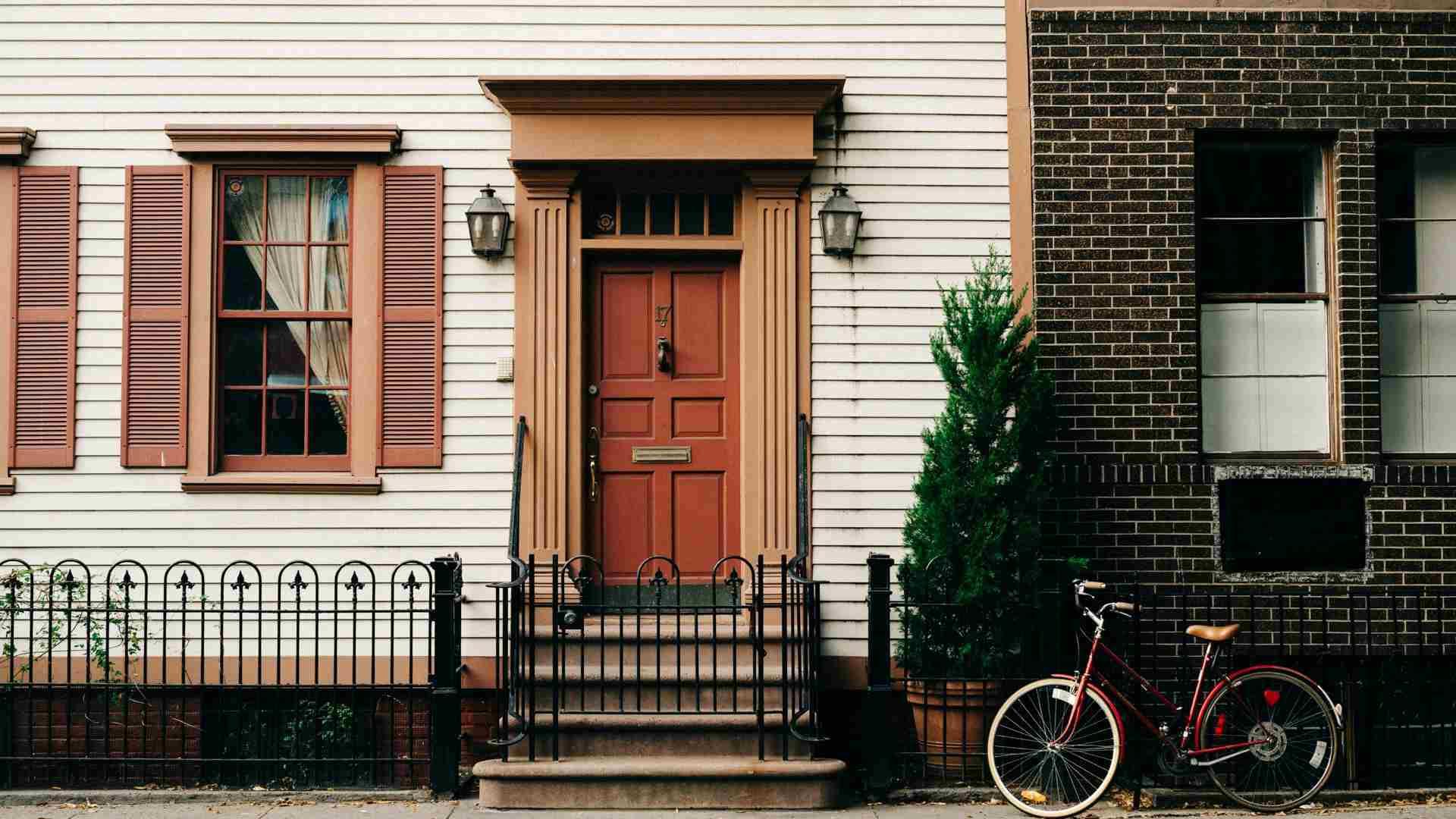
According to a 2019 climate report from the NYC Mayor’s Office of Climate and Environmental Justice, households in New York City only emit about ⅔’s of what the average household in America does.
The report attributed the lower emissions to its population density and the smaller homes typical of the city which are more energy efficient.
New York Has the Least Emissions per Capita
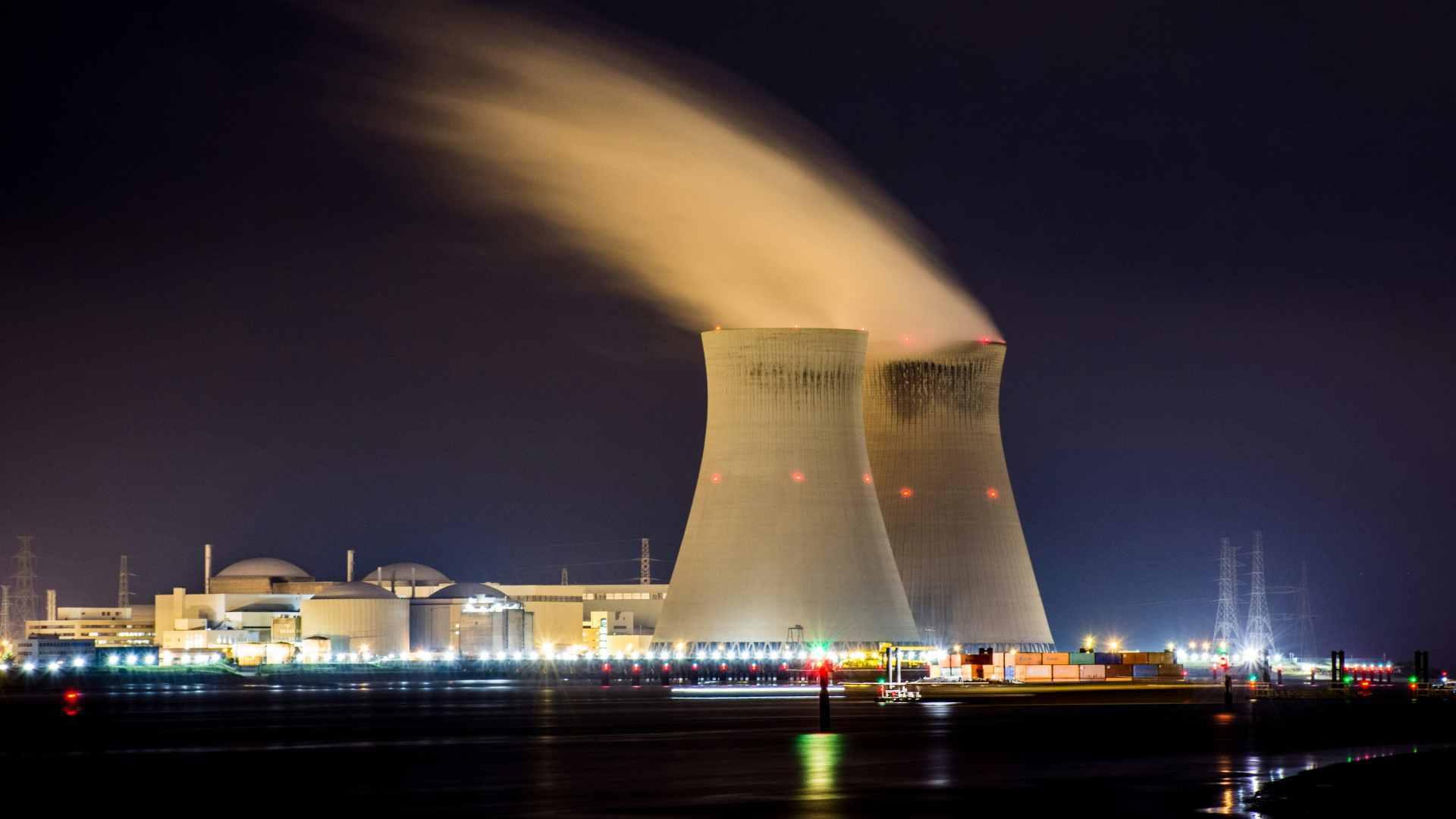
According to data from the U.S Energy Information Administration (EIA), New York consistently ranks at the bottom of states for carbon emissions per capita.
The state of New York accounts for around 3% of the total carbon dioxide emissions that the United States outputs. This means that New York outputs around 143 million tonnes of carbon dioxide every year.
New York in 2030
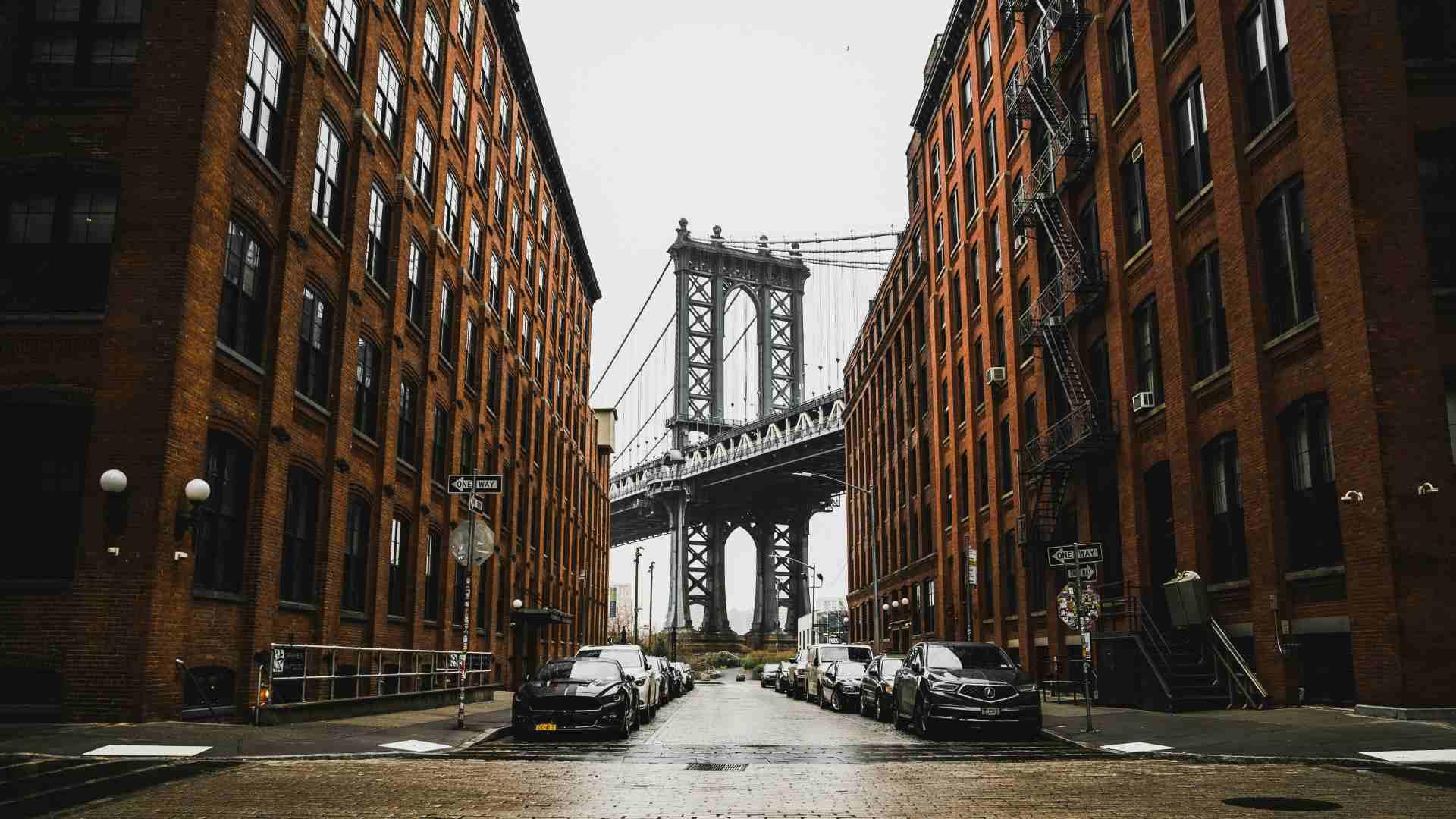
Does New York have what it takes to reach its 2030 threshold? The potential is there, but lawmakers need to be careful not to scare away renewable energy developers.
There is a conflict between the state’s desire to keep costs down and the amount it will need to spend to guarantee it reaches the lofty goal.
